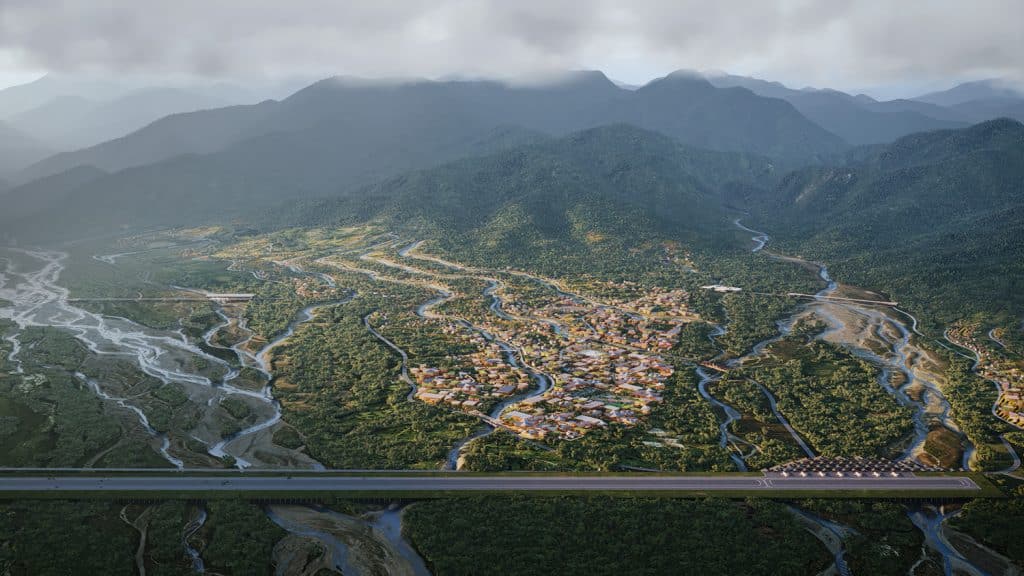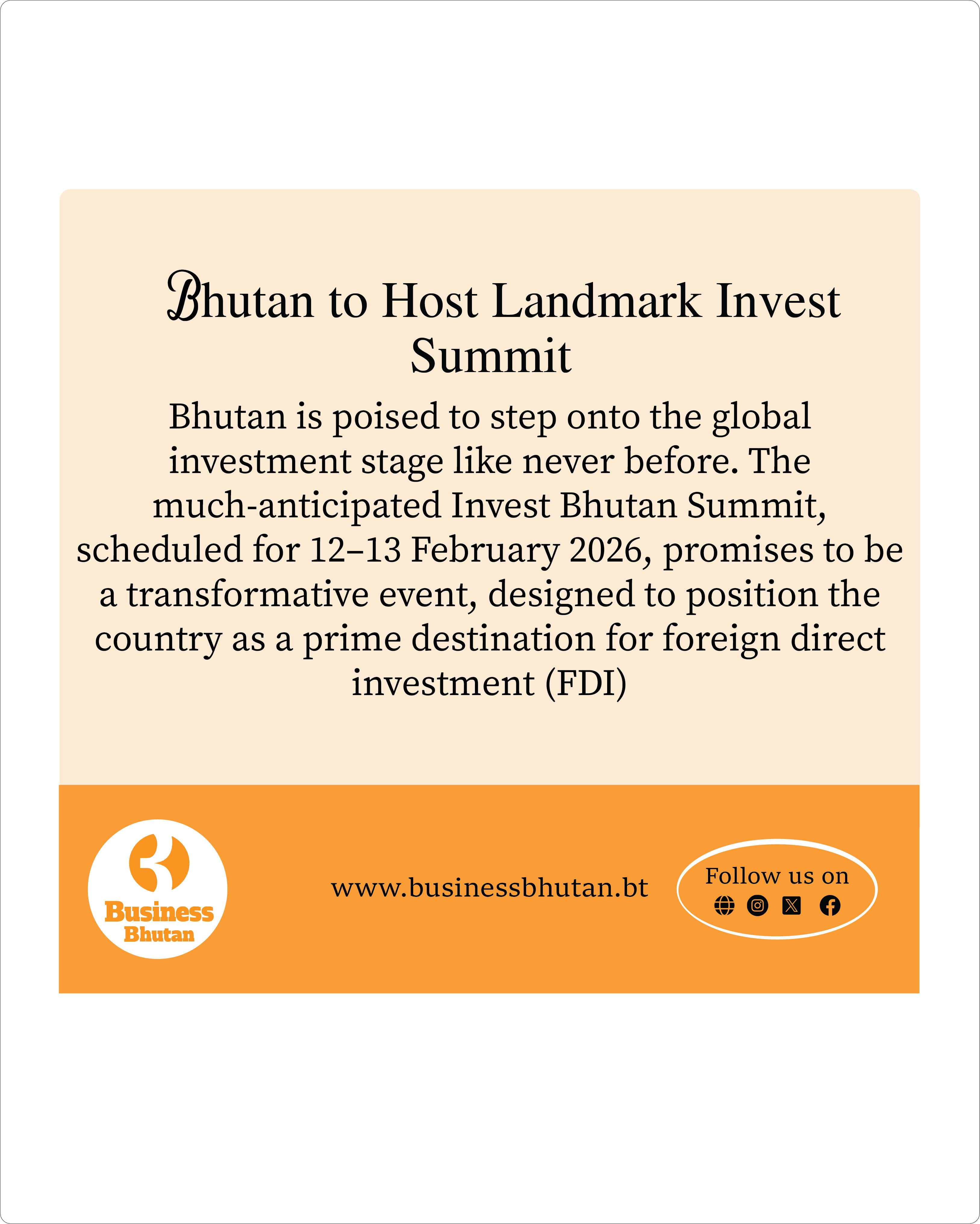It would be shortsighted to think we must contemplate about our country only during special occasions. Nonetheless, these moments serve as poignant reminders of the visionary paths our Kings have taken to elevate the lives of their people. June 2nd, the coronation day of His Majesty the Fourth King, presents us with a solemn opportunity to reflect on his reign—the triumphs and the trials alike. On December 9, 2006, the Fourth Druk Gyalpo abdicated, entrusting the reins of governance to His Majesty King Jigme Khesar Namgyel Wangchuck. In doing so, he handed over a nation he had tirelessly nurtured—not just to His Majesty, but to us, the people of Bhutan.
His Majesty the King has frequently spoken about this monumental transition, most recently during National Day last year when the Gelephu Mindfulness City (GMC) was unveiled. Just as we were gifted a peaceful and prosperous country by the Fourth Druk Gyalpo, it is our duty and responsibility to enhance it further, preparing for the day when His Royal Highness, Gyalsey Jigme Namgyel Wangchuck, ascends the Throne as the Sixth Dragon King.
While GMC stands as a central pillar to this grand vision, it represents more than economic prosperity and the aspiration of making Bhutan a developed nation. The essence lies in the intricate elements that accompany economic growth—the hallmarks of a truly developed nation. These elements are crucial, especially for small countries like Bhutan.
Consider the plight of an economically disadvantaged family in a remote village. Bereft of voice and social status, they risk becoming obsolete over time. Many countries have faced this dire predicament, becoming mere names on the United Nations list; the country run by foreigners, and devoid of their cultural heritage. Their national languages fade into oblivion, and traditional dishes vanish from restaurant menus. Do we want to join this group?
Though it may be a harsh reality, money matters and economic strength is paramount. We witnessed this firsthand as we battled the Covid-19 pandemic. Economic prosperity fortifies a nation, even if its defense forces are modest. A developed country wields greater influence in international affairs. A wealthy nation can ensure that its culture is not only preserved but flourishes. Its architecture, culture, and traditions can be celebrated and replicated globally. Opportunities within such a country encourage others to learn its language and embrace its customs. While Bhutan may be an exception, rich countries have more friends.
One need not be an economic expert to see these dynamics at play. A nation’s sovereignty can be subtly undermined—culturally, economically, and socially. If the country is not economically robust, the risks are magnified, especially in a world that is becoming smaller. This erosion of sovereignty won’t happen overnight, but it will occur gradually, over time.
In this light, our generation’s task is clear and imperative: to build upon the legacy left by the Fourth Druk Gyalpo and assist His Majesty the King in taking Bhutan to the realm of developed nations. It will not happen overnight. We need patience. We have to be resilient. We have to be committed. We must ensure that when the mantle passes to His Royal Highness, Gyalsey Jigme Namgyel Wangchuck, Bhutan stands even stronger—prosperous, culturally vibrant, and sovereign. Our actions today will shape the Bhutan of tomorrow, and it is our solemn duty to rise to this occasion with unwavering commitment and resolve.
In this light, the transformation exercise and GMC represent more than developmental milestones. They are bold declarations of our commitment to a future where prosperity, cultural integrity, and happiness coexist in perfect harmony.
While not an expert on economics or politics, I have unwaveringly followed His Majesty. While I do not claim to know His Majesty’s ultimate vision, it is evident to most of us that our Kings think and plan a century or more ahead. To me, the transformation exercise and the Gelephu Mindfulness City (GMC) initiative transcend mere economic prosperity and the mantle of a developed nation. The cause is far more profound; it is about crafting a legacy that will endure for generations. It is about transcending the ordinary and reaching the extraordinary. It touches the very soul of our nation, ensuring that Bhutan remains a unique and thriving haven in an ever-changing world.
By Ugyen Tenzin, Thimphu
















